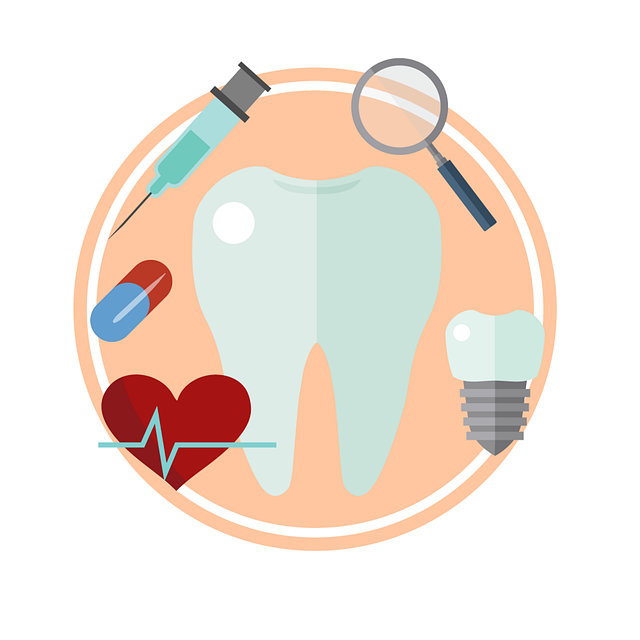An interesting study titled “Endocarditis, invasive dental procedures, and antibiotic prophylaxis efficacy in US Medicaid patients” appears in Oral Diseases on April 27, 2023, written by Martin Thornhill and et. al. The study investigates the association between invasive dental procedures and endocarditis, which is inflammation of the inside lining of the heart chambers and heart valves.
In the study the authors used the MarketScan multi-state Medicaid database to examine 1.68 million Medicaid patients with linked medical, dental, and prescription data and compared it to 7.95 million individuals with employer-provided Commercial/Medicare-Supplemental health coverage with linked dental and prescription benefits. The authors found that the cohort study showed increased endocarditis incidence within 30 days of invasive dental procedures in those at high risk, particularly after extractions or oral surgery. It was also determined that antibiotic prophylaxis significantly reduced endocarditis incidence following invasive dental procedures. Furthermore, case-crossover analysis showed the association between invasive dental procedures and endocarditis in those at high risk, particularly following extractions and oral surgery. The authors calculated that the number of invasive procedures, extractions, or surgical procedures to need antibiotic prophylaxis to prevent one endocarditis case was 244, 143 and 71, respectively.
The authors state:
“…we used two different methodologies (cohort and case-crossover) to demonstrate an association between IDPs [invasive dental procedures] and IE [infective endocarditis], and the effectiveness of AP [antibiotic prophylaxis] in its prevention, in a US population exceeding 1.6 million.”
The authors mentioned several limitations of the study which included that they were not able to restrict their analysis to the 30% to 40% of infective endocarditis cases caused by oral streptococci. This was because microbiological data was not recorded in the MarketScan databases. The authors also pointed out that possibility of misclassification for patients as being moderate or high risk because data before January 2000 was incomplete which may have lead to the small but significant association between extractions or surgical procedures and infective endocarditis in those at low/unknown infective endocarditis risk.

This image is from Pixabay and has a Pixabay license
Based on the study the authors feel that anyone that is high risk for infective endocarditis should have antibiotic prophylaxis prior to invasive dental procedures such as having an extraction or oral surgery. The authors feel that using antibiotic prophylaxis should not make it so that good oral hygiene is not needed and that regular tooth brushing and flossing should be occuring as other preventative techniques.
